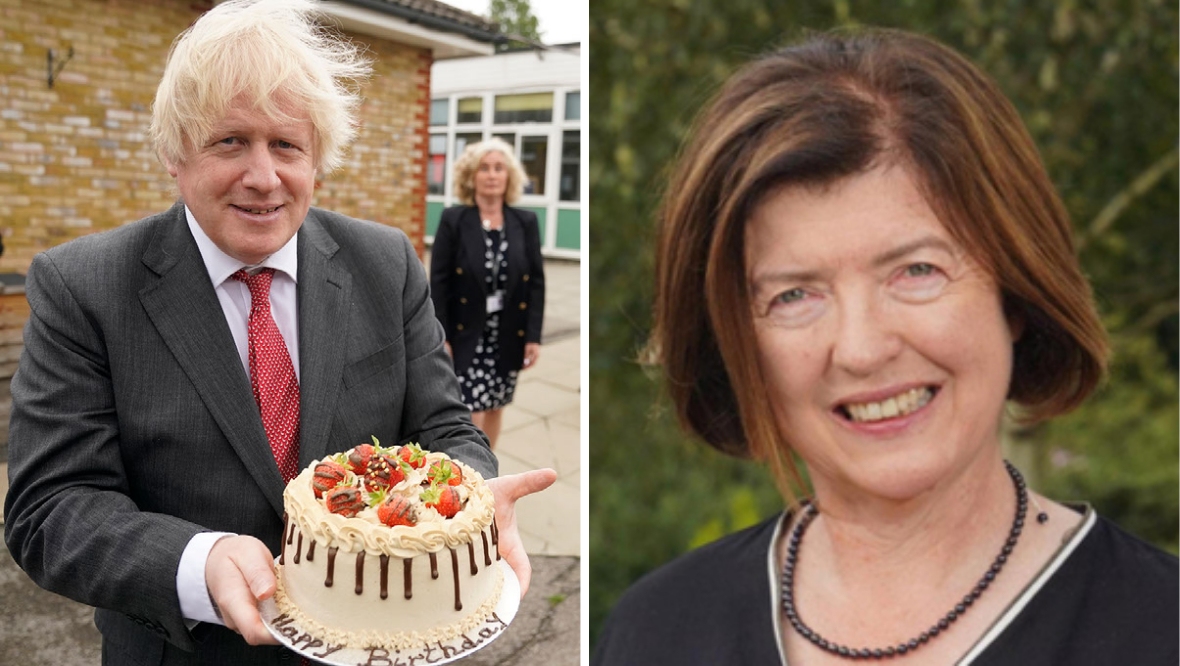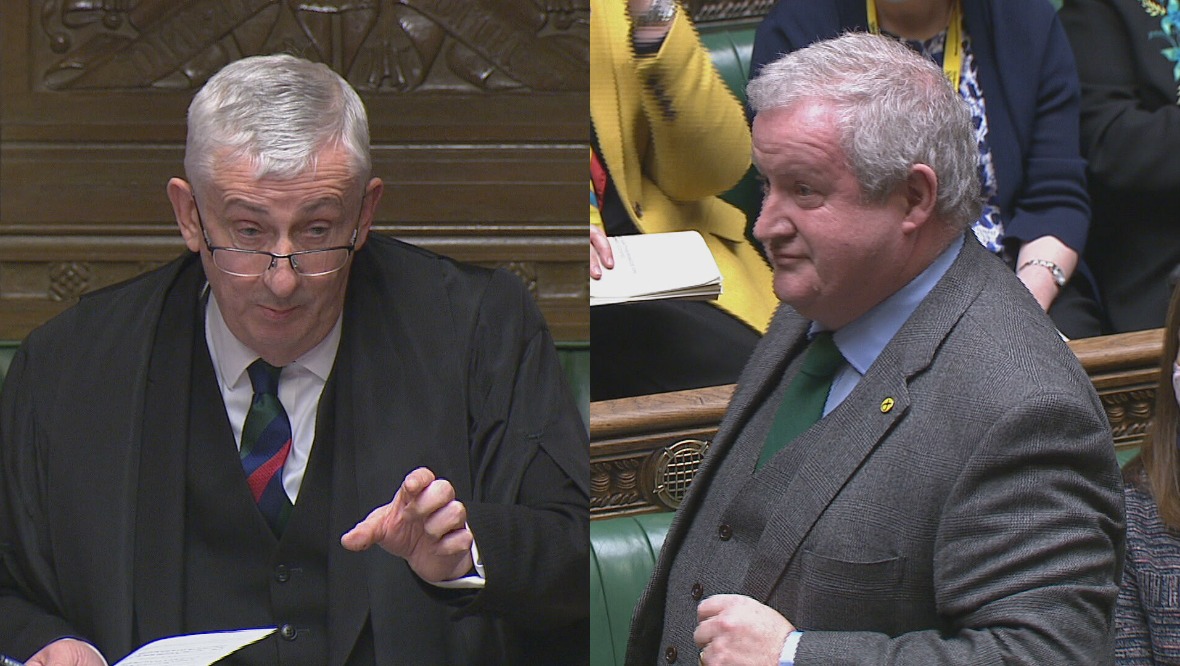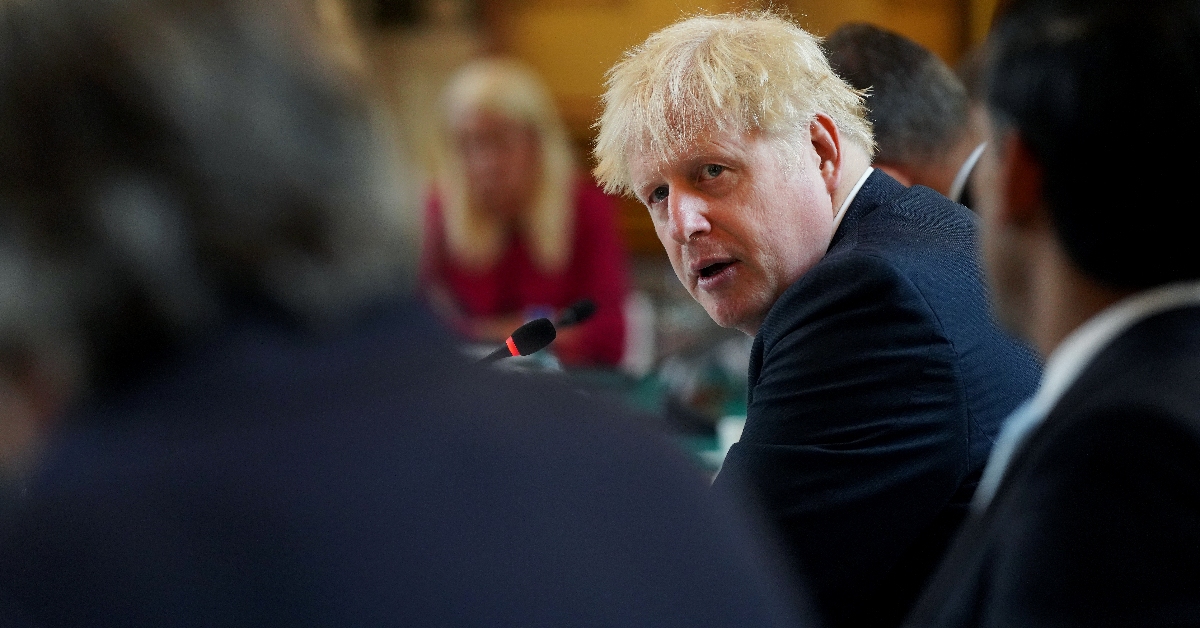Sue Gray has published her long-awaited interim findings into gatherings held in Downing Street during lockdown.
Here, we examine the contents of the 12-page report and ask where its conclusions leave the Prime Minister Boris Johnson.
What does the report say?
Of the events covered by this limited and initial report, Gray concludes: “There were failures of leadership and judgement by different parts of Number 10 and the Cabinet Office at different times.
“Some of the events should not have been allowed to take place. Other events should not have been allowed to develop as they did.”
On the use of the garden at Number 10 Downing Street, she says it was used “for gatherings without clear authorisation or oversight. This was not appropriate”.
 No10 Downing StGov.uk
No10 Downing StGov.ukShe also criticised the excessive consumption of alcohol in a workplace context and says that, given the backdrop of the pandemic, “some of the behaviour surrounding these gatherings is difficult to justify”.
Some of the gatherings “represent a serious failure to observe not just the high standards expected of those working at the heart of government, but also the standards expected of the entire British population at the time”.
Does Gray say the law was broken?
No. Paragraph 16 of her report says: “I have not made comment on whether individual gatherings were in line with the relevant guidance and regulations in place at the time.
“I did not judge it appropriate to do so given the police investigation that is now underway”
The Metropolitan Police are investigating 12 of the 16 gatherings Gray listed in her report.
How serious are its conclusions for Boris Johnson?
They are bad and make for uncomfortable reading, that is beyond argument.
The key question is whether they are sufficiently serious to force his resignation.
Given this report does not cover the most serious alleged breaches of the lockdown rules, it is unlikely that it will mortally wound him for the time being.
How has parliament responded?
Boris Johnson acknowledged the public anger about ‘partygate’ by telling MPs he was sorry, adding: “I get it and I will fix it.”
His response was to announce an overhaul of Downing Street by announcing the establishing of a new office of the Prime Minster with a permanent secretary. He once again apologised for what had happened and how the fallout from allegations had been handled.
 STV News
STV NewsSir Keir Starmer, the Labour leader, told MPs there were now 12 cases that had reached the threshold for a criminal investigation. By re-organising Downing Street, Sir Keir said he was engaged in a strategy that amounted to “they go, he stays”. His contribution was personal and scathing of the Prime Minister’s character.
Ian Blackford, for the SNP, said that his party would force a parliamentary vote, compelling full publication of Sue Gray’s final report.
Like the Labour leader, he was scathing and accused Johnson of lying and misleading the House. He was eventually ordered from the chamber by the Speaker for refusing to fully withdraw the charge that Johnson had lied to the Commons.
Analysis
This report essentially charges the Prime Minister with a lack of judgement and condemns the culture that operated in senior levels of government at a time of lockdown.
As it stands, the report, whilst highly critical, probably falls well short of the criticism necessary to force a vote of no confidence in Boris Johnson by disillusioned Conservative MPs.
When the Metropolitan Police inquiries conclude and Sue Gray issues a final report, that situation may change.
It is impossible not to conclude that the police intervention last week had the effect of giving the Prime Minister breathing space to help consolidate his position, a position which looked decidedly wobbly just over a week ago.
If a leader is to be toppled, momentum is essential as events gradually increase in seriousness to render a position untenable.
Momentum was building until the police intervention stalled conclusions on events that could be the most damning in terms of the Prime Minister’s conduct.
There are key questions about how Sue Gray and [Met Police commissioner] Cressida Dick have conducted themselves, but they will never be pressed on these since they will not submit themselves for interview.
Specifically, why did the police not investigate the allegations sooner before the Gray investigation got off the ground?
Why did the Met allow a civil servant to do their job for them – establishing conduct that was potentially criminal?
Gray is, in part, the architect of a stalled process. There was nothing to stop her publishing a full report and then leave it to the Met to decide what to do with the findings of fact.
But by tipping the Met off, she in essence ensured her full conclusions would have to wait for another day, perhaps well into the future.
The actions of both Gray and the Met Commissioner, whilst perhaps taken for reasons of what they believe to be due process, have had the political consequence of consolidating the Prime Minister’s position at least in the short term.
To the opposition this looks like a fix, something more sinister than a mere coincidence of events.
In short, Johnson lives to fight at least until the Met concludes its investigation and Gray publishes a final, more substantive report.
Today was always about damage limitation for Boris Johnson. It was unlikely to be a catalyst for a material run on his leadership.
He appears to have survived… for the moment.

 No10 Downing St
No10 Downing St

























